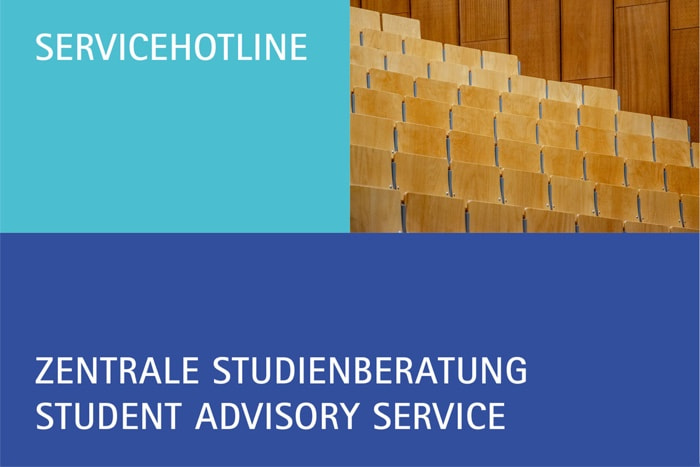Geography as subject in the Master’s Teacher Training Course for Grammar Schools
(Master of Education)
Profile
German HZB: none
International application: German C1
Find out more
A school internship and a further internship (in a company, a social institution, a sports club, etc.) for at least four weeks must have been completed (compulsory).
Stay abroad possible, but not obligatory.
Short Description
The subject Geography is offered as one of two subjects within the Master’s Teacher Training Course for Grammar Schools.
Students who take Geography on the Teacher Training Course for Grammar Schools gain insights into geography teaching research and scientific research as well as into research-based learning, which can be implemented in the school setting. They build on their experience and knowledge gained on the Interdisciplinary Bachelor’s Degree Programme during practical training. In the preparatory seminar, students expand on what makes a good geography lesson and a good geography teacher, how to design lessons and units, and what needs to be considered with regard to the current debate on specialist, subject-didactic and educational aspects.
Students are also given an insight into the subsequent teacher training stage at the Studienseminar. The main objective of pairs of students undertaking practical training at a school in the Hannover region is to enable them to plan and deliver lessons independently on the basis of targeted job shadowing. The seminar leader sits on at least one lesson and subsequently discusses and reflects on the lesson with the mentor at the school. Consequently, the link between innovative research and advanced practical experience is a special feature of the programme.
Course Content
- Design of questionnaires or interview guidelines
- Development and empirical verification of issues
- Educational objectives and skills
- Epistemological foundations
- Media literacy
- Meta-reflection
- Organisation of lessons, and reflection
- Reflective methods
- Research-based learning
- Specialist clarification, diagnosis of learning potential, didactic reconstruction/reduction
In courses on how to teach geography, students are first familiarised with the production of scientific work which, in this case, mainly involves the planning, implementation, analysis and critical reflection of an empirical study they have carried out. Different topics may be chosen (e.g. climate change, the textile chain). At the same time, students prepare for conducting empirical work in their Master’s thesis. With a reference to scientific preparatory work or research-based learning at school, the assignment is usually implemented in practice with learners at a school. The topics and methods used also vary.
In the context of the preparatory seminar for practical training, students expand on central aspects relating to lesson planning. In addition, they are given an insight into the second stage of teacher training – the teacher training period.
Students who take Geography as their first subject will already have attended most specialist courses (foundations and compulsory electives) at the Bachelor’s stage. Students who take Geography as their second subject now select advanced compulsory elective courses in Physical and Human Geography (involving a one-week or two-week field trip and seminars on contemporary issues).
Semester | 1 | 2 | 3 | 4 |
|---|---|---|---|---|
Geography as the first subject |
|
|
|
|
Geography as the second subject |
|
|
|
|
- Ability to work in a team
- Good communication skills
- Creativity
- Quick powers of comprehension
- Self-confidence
- Rhetorical skills
- Fascination of geographical issues and contexts
- Motivational skills
- Empathy
- Reflection skills
- Reflexivity
- Work as a grammar school or comprehensive school teacher
- Other educational institutions (e.g. institutions that specifically teach sustainable development at non-school-based learning locations)
- Non-governmental organisations (such as the Verband Entwicklungspolitik Niedersachsen, VEN) that undertake educational work.
Admission Requirements
An undergraduate degree in a related field of study, such as
For master's degree programmes with unrestricted admission, all applicants who fulfil the admission requirements will be admitted a university place. The exact admission requirements can be found in the admission regulations:
Application Deadlines
First-year students (application from non-EU countries: VPD from uni-assist is required)
- 1 June – 15 July of the year for the winter semester
- 1 December – 15 January of the year for the summer semester, only when there are vacant capacities
Students resuming their studies and transfer students (application in a higher semester, application from non-EU countries: VPD from uni-assist is required)
- 1 June – 15 July of the year for the winter semester
- 1 December – 15 January of the year for the summer semester
Do you have questions about studying? We are happy to help!

30167 Hannover

30167 Hannover













